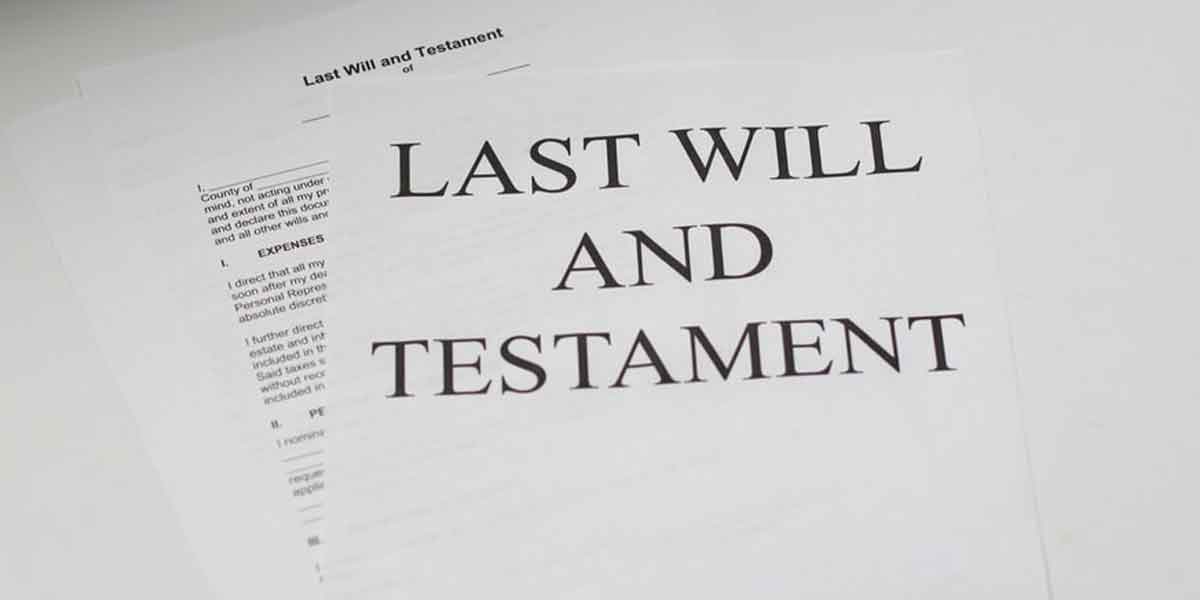When someone passes away, their estate goes through a legal process called probate, where an executor is responsible for managing and distributing the assets to the heirs. Unfortunately, this process can be expensive and time-consuming, reducing the value of the estate and causing stress for the heirs. However, there are several steps that individuals can take to avoid probate and ensure a smoother transfer of assets.
-
Designate Beneficiaries
One way to keep assets out of probate is by naming beneficiaries for all accounts and assets. This can be done by filling out Payable on Death (POD) or Transfer on Death (TOD) forms for bank accounts, brokerage accounts, life insurance policies, 401K plans, IRA accounts, and other valuable assets. By doing this, the assets can be transferred directly to the beneficiaries without going through probate, saving time and reducing stress for the heirs. -
Create a Trust
Another effective method to avoid probate is by creating a trust. Unlike a will, a trust allows the decedent to place assets in it and appoint a trustee to manage and distribute the assets to the beneficiaries according to their wishes. Trusts offer more privacy, are less expensive, and are faster than probate, ultimately preserving the value of the estate and making the transfer of assets smoother for the heirs. -
Hold Joint Properties
Holding assets jointly with a spouse is another recommended way to bypass probate. When assets are held jointly, they are automatically transferred to the living spouse, avoiding the need for probate and minimizing taxes and fees. This method is widely recommended by probate attorneys for its simplicity and efficiency in transferring assets.
Ultimately, avoiding probate is essential to preserve the value of the estate and reduce stress for the heirs. By designating beneficiaries, creating a trust, and holding joint properties, individuals can ensure a smoother and more efficient transfer of assets, ultimately avoiding the drawbacks of the probate process.




